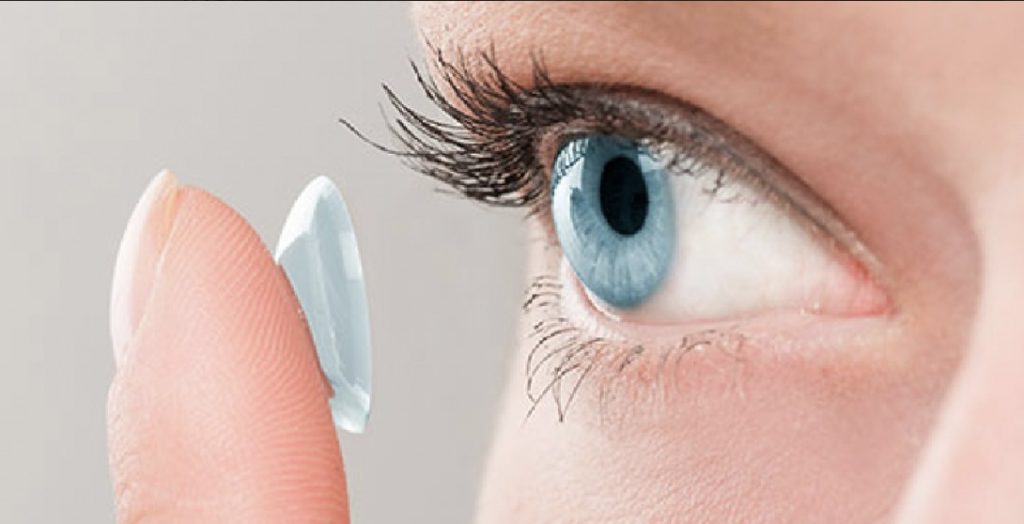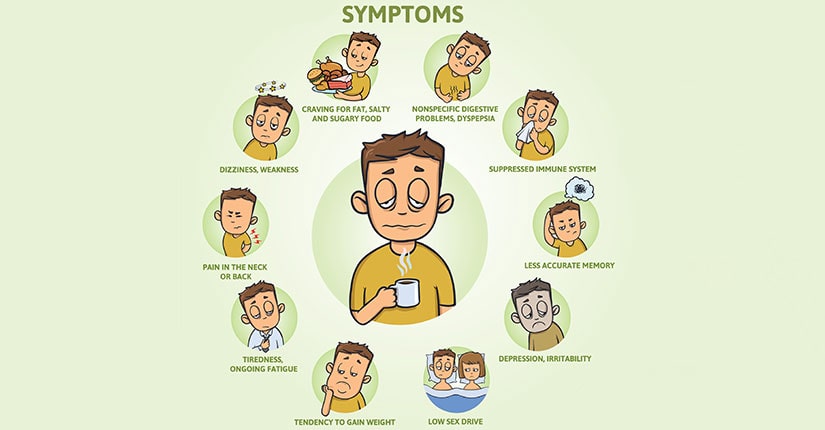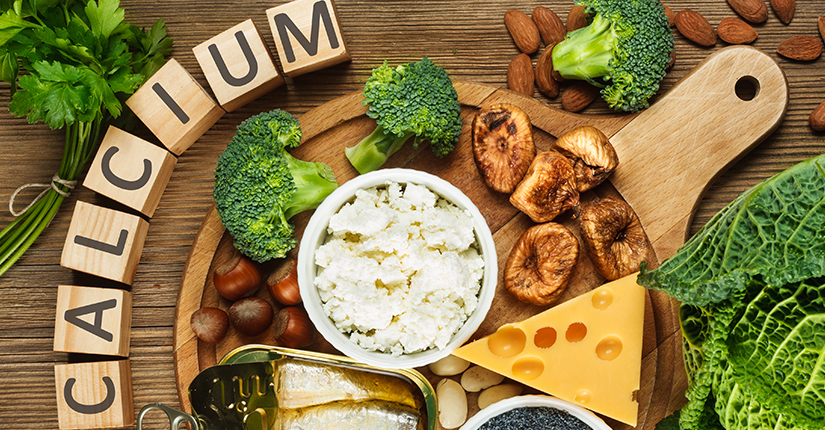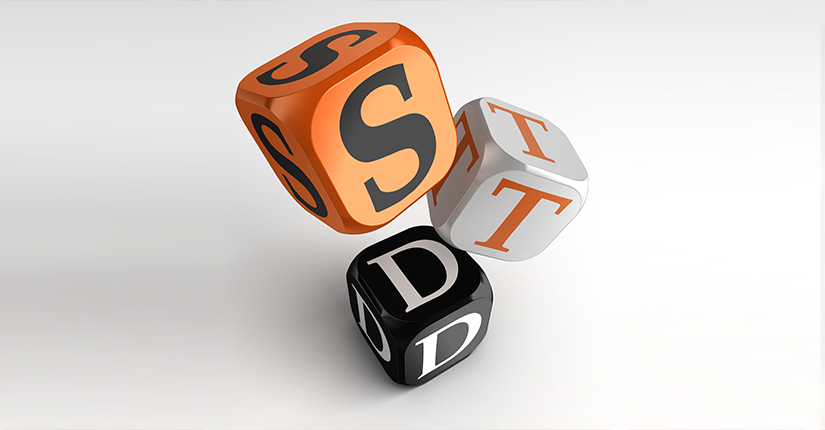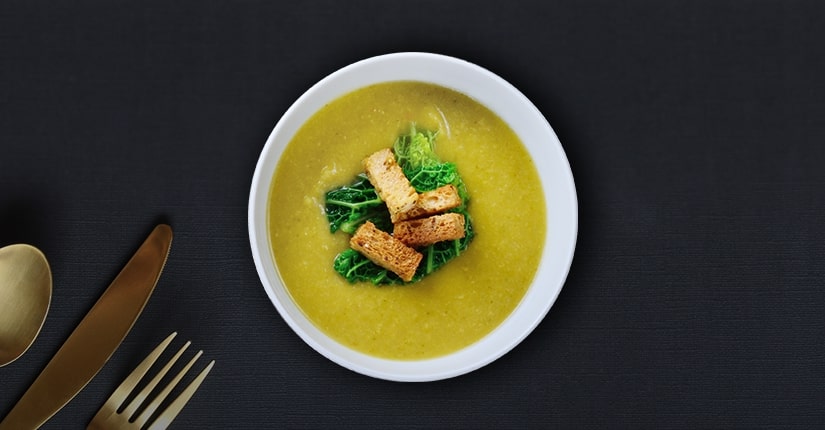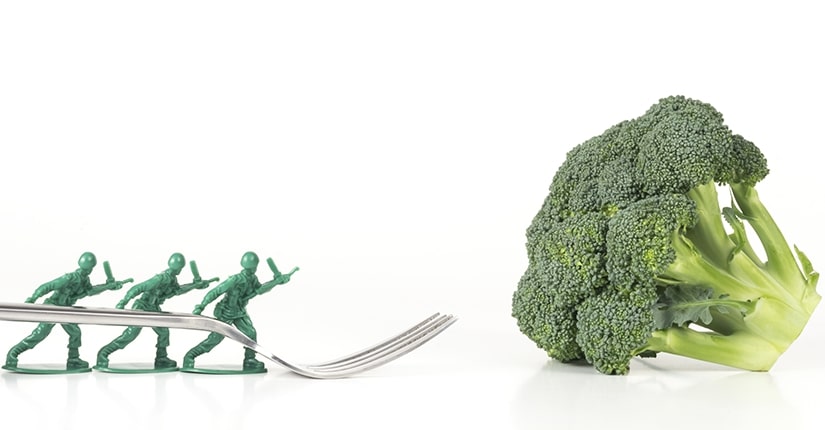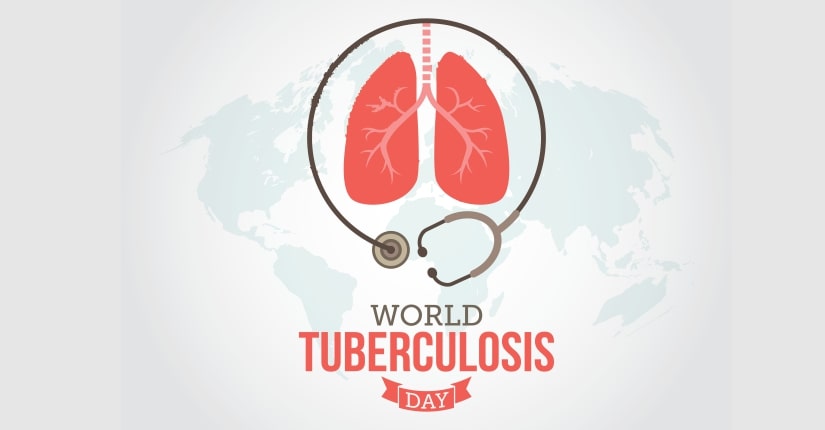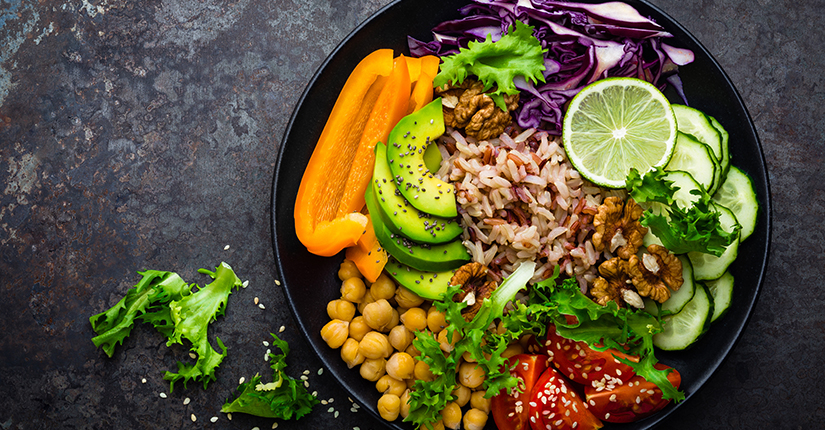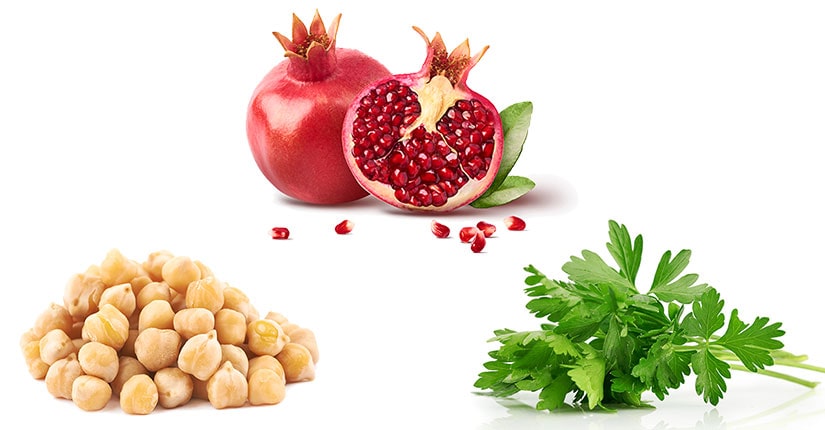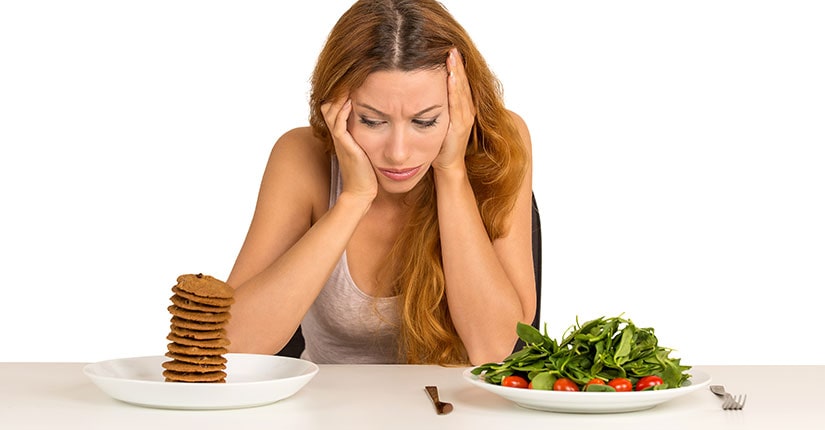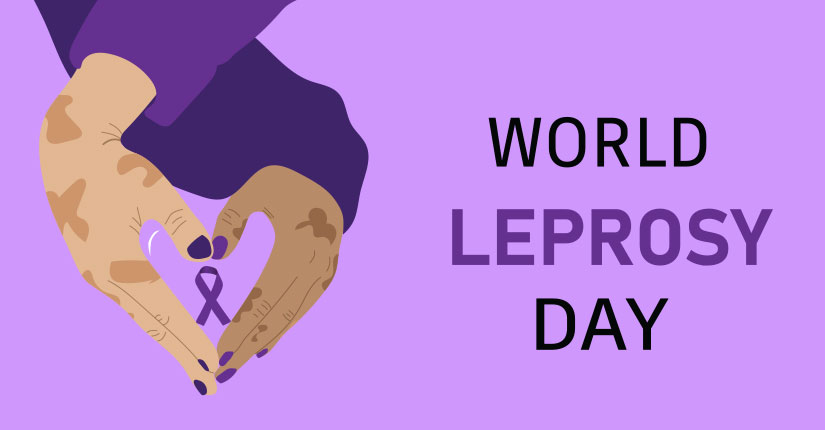What is CICO Diet and its Health Impact
By Nmami Agarwal 10-Apr 2020 Reading Time: 5 Mins
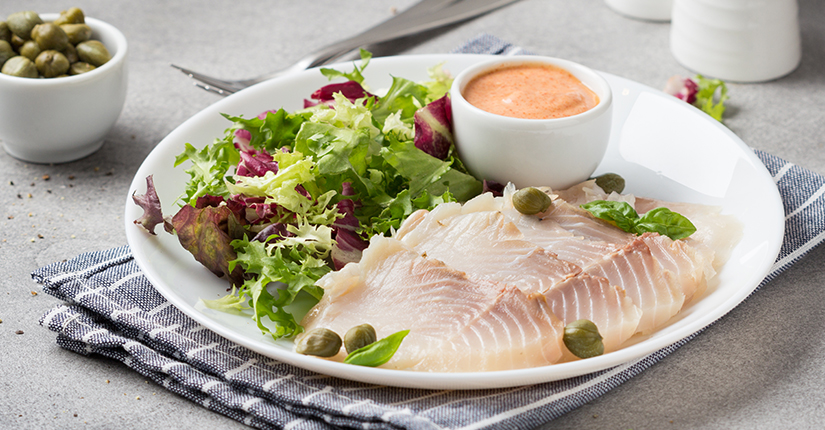
CICO stands for ‘calories in, calories out’ and is based on the idea of consuming fewer calories than you burn. These days calorie trackers and fitness devices won’t let you hide away from the amount of calories you have gulped down.
A diet and weight loss is not just about tracking calories and following the do’s and don’ts of a meal plan but rather understanding why are we restricting certain foods or are being told to eat in certain amounts.
To start with and to understand the concept of diet, CICO plays an important role as it teaches us the action of control. The part that CICO lets you eat less is right and eating fewer calories does cause weight loss, that is true as well but avoiding a complete food group may not be the right way to let weight loss happen.
CICO makes you aware about how many calories you might be just loading up and how many of them are just unnecessary of them. It assists you in developing a habit of making healthier choices.
Impact of CICO diet
While many people might have lost weight using CICO diet but as they always say a quick weight loss method might not be the healthiest method. With this comes the short lived age of the weight loss and its benefits.
It might leave you hungry and in severe cases may cause deficiencies. It involves counting of calories after every meal and rather takes away the pleasure of eating food. Some serious eating disorders like anorexia nervosa and bulimia nervosa may also develop.
Where could CICO go wrong?
Not always a high number on the weighing scale could be bad. Moreover, understanding the higher value on scale is more essential. If you follow CICO blindly, without paying any attention to where your calories are coming from and in what proportion, you could miss on getting the right nutrients, vitamins and minerals which are significant to feel good, stay active, focused and healthy.
Another point is that CICO diet doesn’t consider the quality of food you are outing into your mouth and is just dependent on numbers (calorie number of the food item). For example, cottage cheese is good source of protein and is recommended to have at least in one meal per day but due to ist higher calorie density, it could be removed from your CICO diet.
It is hard to stick to because it requires too much calculations and tracking of calories. It could make you more prone to headaches or getting frequent episodes of tiredness and fatigue.
Your metabolism could slow down. Your body goes on energy saving mode when it realises that you are not having enough calories and as a result slows the metabolism.
Over to you
It is best to consult a qualified dietitian before following any diet and keeping a check if you are not falling for fad diets. Not all trendy diets work and show the same results. Rather practice having a balanced diet and a good workout regime.
Try to step back and practice sustainable eating and putting enough thought in what and why are you eating what you are eating.

